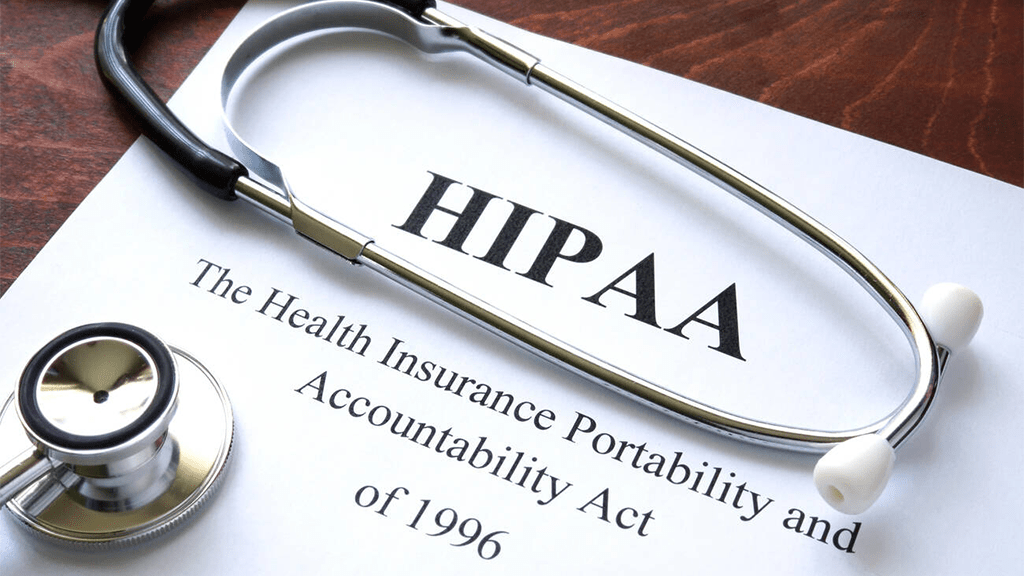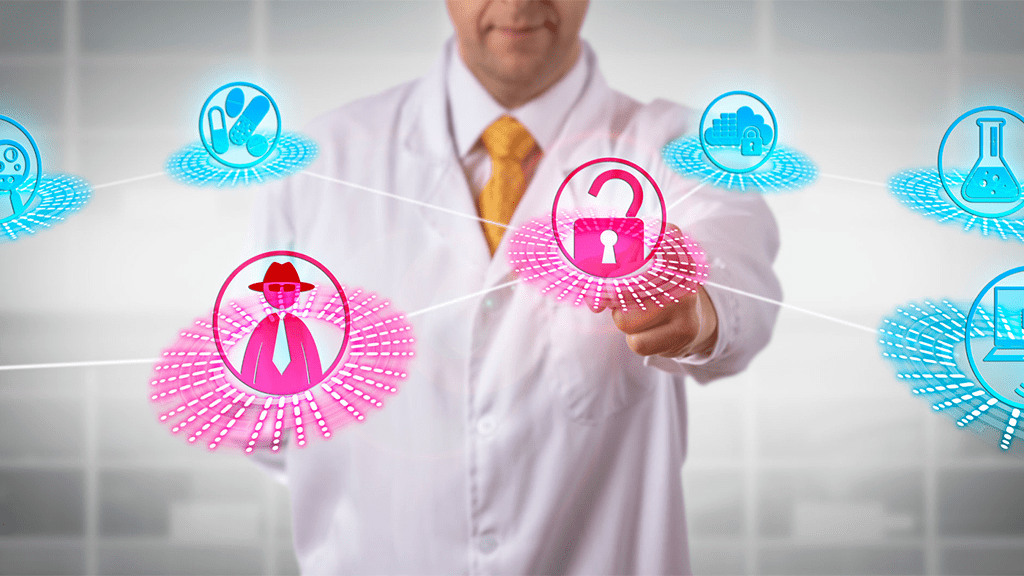Food as medicine: Are Healthcare Experts taking the natural route?

Emma’s type 2 diabetes diagnosis flipped her life upside down. “It is like carrying a baby that never grows,” she states. “It is irritating you as soon as you wake up.” Every bit of food must be carefully selected in case it spikes her blood sugar levels, which could drive her to pass out or worse.
HIPAA-covered entities must function urgently to handle identity and access security

An Imprivata Company in Health IT Security, Healthcare institutions are under attack, and the third-party vendors they operate with have become a common threat vector. HIPAA-covered entities must glance at identity and access security to navigate risk and avoid potential health data breaches.
Evolving Ransomware Threats on Healthcare

According to an article by Adam Mansour in Govinfo Security, more recently, analysis and reports from the U.S. Department of Health and Human Services Health Sector Cybersecurity Coordination Center (HC3) have revealed that the ransomware threat is not declining — and worse, it is evolving.
“Ransomware stays a major threat to the health sector worldwide, with many healthcare institutions operating legacy technology with limited security resources,” the HC3 stated in late 2021.
Google workers call to expand abortion & privacy protections

In an article in TechCrunch by Taylor Hatmaker, a group of more than 600 Google employees is pushing the company to grow worker health benefits, rid itself of some political ties and bolster user privacy in light of the Supreme Court judgment to strip federal abortion rights.
Industry trends in Healthcare 2023

Because of technological improvements, the healthcare industry, like most others, is growing at a breakneck pace. Emerging trends in healthcare, such as IoT, AI, and blockchain, have provided new opportunities for the healthcare industry. New technologies have made the lives of healthcare workers and patients easier, with a variety of benefits that these technological advancements can bring to medical services.
Revolutionizing Digital Healthcare

Per a story on CSO, events worldwide over the past few years have caused problems in how healthcare professionals measure and monitor a patient’s vital signs. New rules around sanitation and the usage of personal protection equipment.
5 Examples of How Big Data has Revolutionized Healthcare

Big data – what does it mean for us? As healthcare has rapidly developed, it’s essential to understand how big data can enhace our health. Through the power of huge amounts of information, data analysis can better understand the world around us. Organizations like Clinical ink are paving the way for the future of healthcare by employing the latest data and technology, writes Angela Scott-Briggs of TechBullion.
An AI tool that helps detect Melanoma

Melanoma is a type of malignancy that is responsible for more than 70 percent of all skin cancer deaths worldwide. For years, doctors have relied on visual examination to identify suspicious pigmented lesions (SPLs) that may be an indicator of skin cancer. Such early identification of SPL in primary care can improve melanoma prognosis and significantly reduce treatment costs.
Chief Medical Officers’ Roles Are Changing

To achieve maximum profitability, the Chief Medical Officer (CMO) connects the organization, patients, and resources to give hospital customers the ultimate and most excellent services. As the complexity of the business grows, strategic leadership seeks a transformation that does not jeopardize the integrity of medical service providers.
The emerging role of Chief Medical Officer

The Chief Medical Officer (CMO) is a crucial position in an organization that oversees the effective management of medical centers. They manage the clinical operations, liaising between the administration and medical staff, and ensuring patients receive the best medical care.



